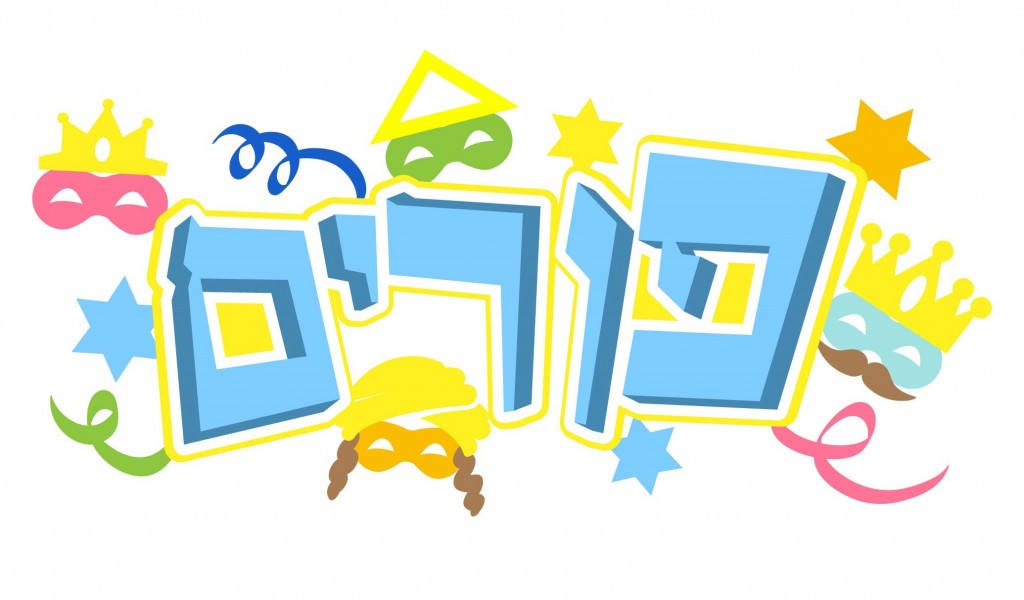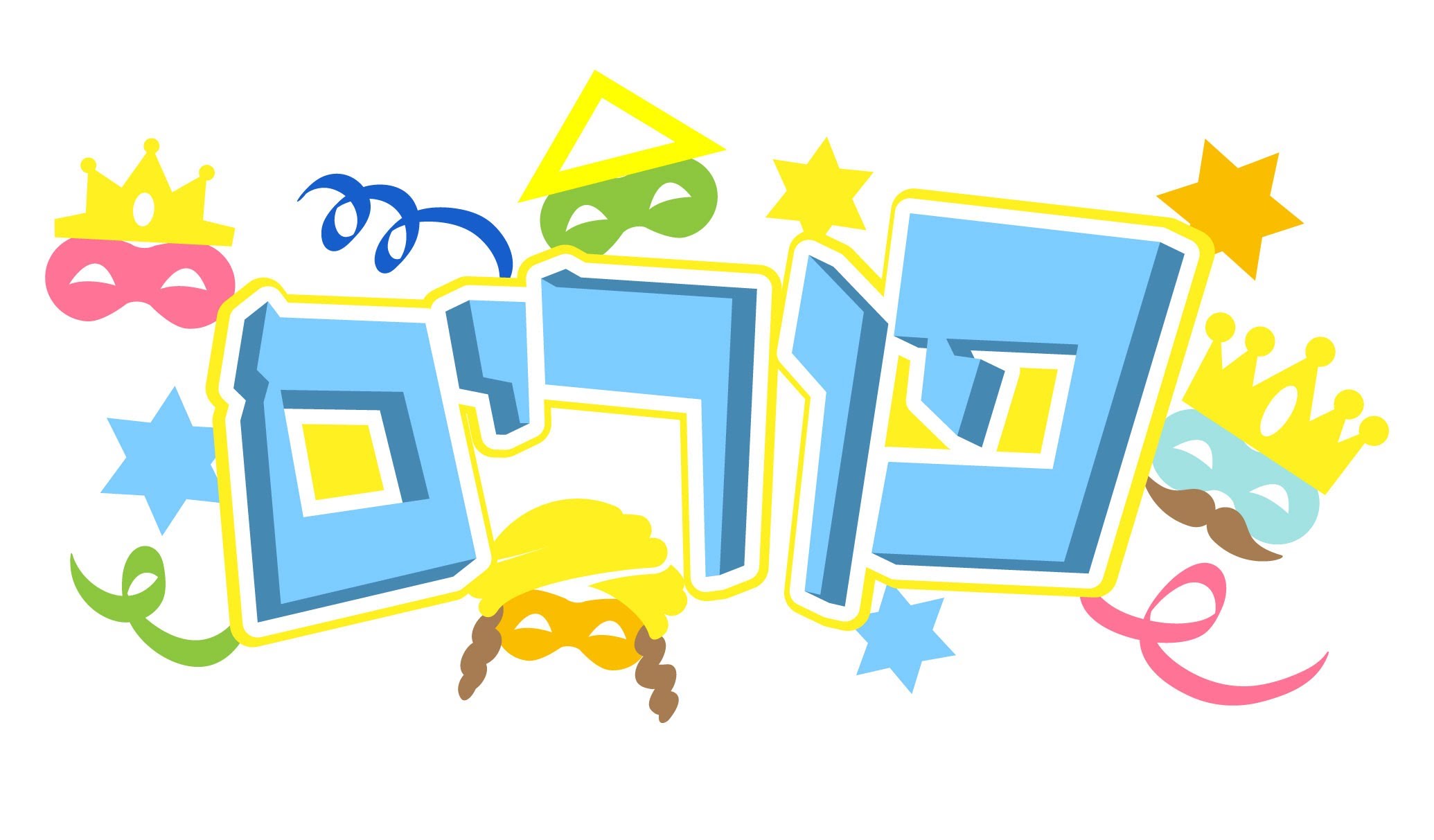With great brevity, and without going into the details of the “nes nistar,” the “hidden miracle” which Hashem performed for the Jewish People, against the backdrop of the conspiracy and intrigue of the Persian royal palace, using “coincidence” and exquisitely fortuitous timing, the text of the Purim “Al HaNisim” recounts the evil plan of Haman. (This hiddenness is, incidentally, why the name of G-d appears nowhere in Megillat Esther, and why masquerade, the hiding of one’s identity, is popular on Purim.)
Haman’s burning desire was to physically destroy the entire Jewish People, from the young to the old, women and children, in one day selected by lottery, the thirteenth of the Hebrew month of Adar.
 But Hashem turned the tables on him, a reversal of fortune which is indeed one of the themes of Purim, and provided him with his just desserts. Instead of watching his nemesis, Mordechai, hang from the gallows which he’d personally erected, he and his ten sons were hanged together from that very same gallows.
But Hashem turned the tables on him, a reversal of fortune which is indeed one of the themes of Purim, and provided him with his just desserts. Instead of watching his nemesis, Mordechai, hang from the gallows which he’d personally erected, he and his ten sons were hanged together from that very same gallows.
The text is as follows:
In the Days of Mordechai and Esther, in Shushan, the capital, when Haman, the wicked, rose up against them and sought to destroy, to slay, and to exterminate all the Jews, young and old, infants and women, on the same day, on the thirteenth of the twelfth month, which is the month of Adar, and to plunder their possessions; But You, in Your abundant mercy, nullified his counsel and frustrated his intention and caused his design to return upon his own head and they hanged him and his sons on the gallows.
Speaking of tables, one of the required mitzvot on Purim is the “Seudat Purim,” the Festive Meal of Purim. Since this meal is obligatory on Purim, so is its Birkat HaMazon. The Maharshal and the Shela were of the opinion that if one forgot to say ‘Al HaNisim’ in the Birkat HaMazon, the Grace after Meals would have to be repeated, together with its ‘Al HaNisim.’ The majority of authorities, however – including the Shulchan Aruch, Mishna Berura, Kaf HaChaim and Chida – are of the opinion that one is not required to repeat the ‘Al HaNisim,’ because one may fulfill their obligation to eat a Purim Seuda without eating bread (see Magen Avrohom 695:9). Accordingly, our accepted practice is not to repeat Birkat Hamazon because of a forgotten Al HaNisim.

